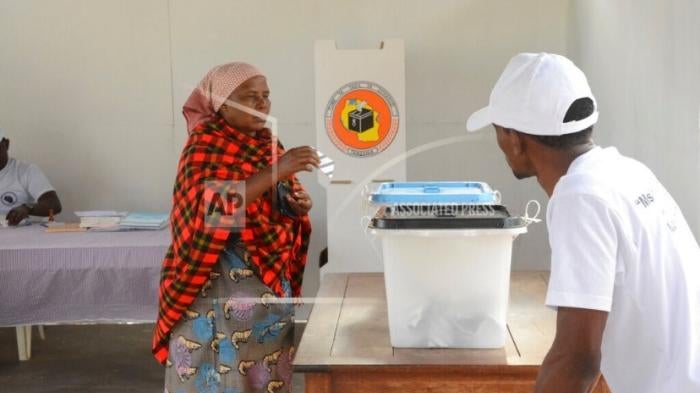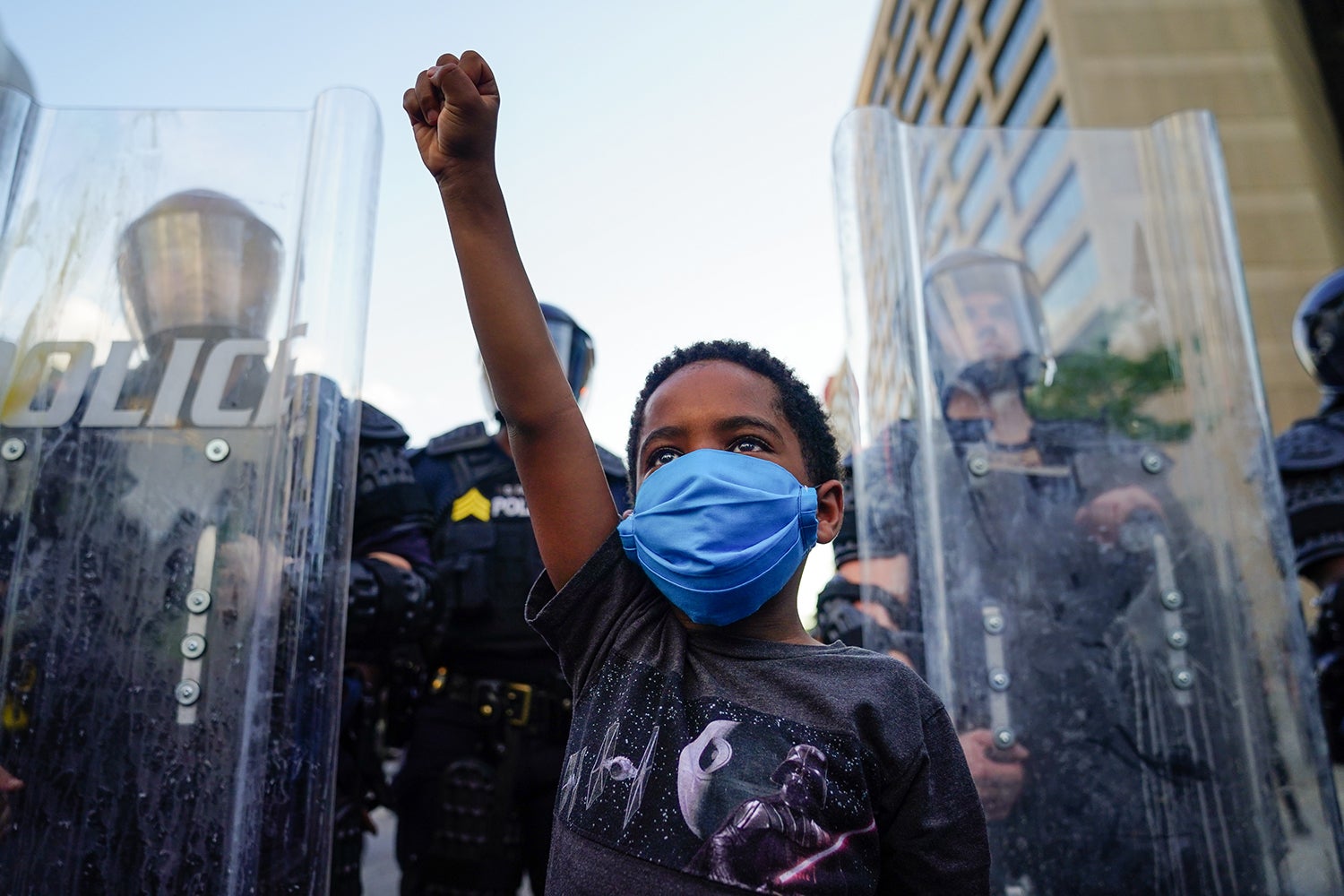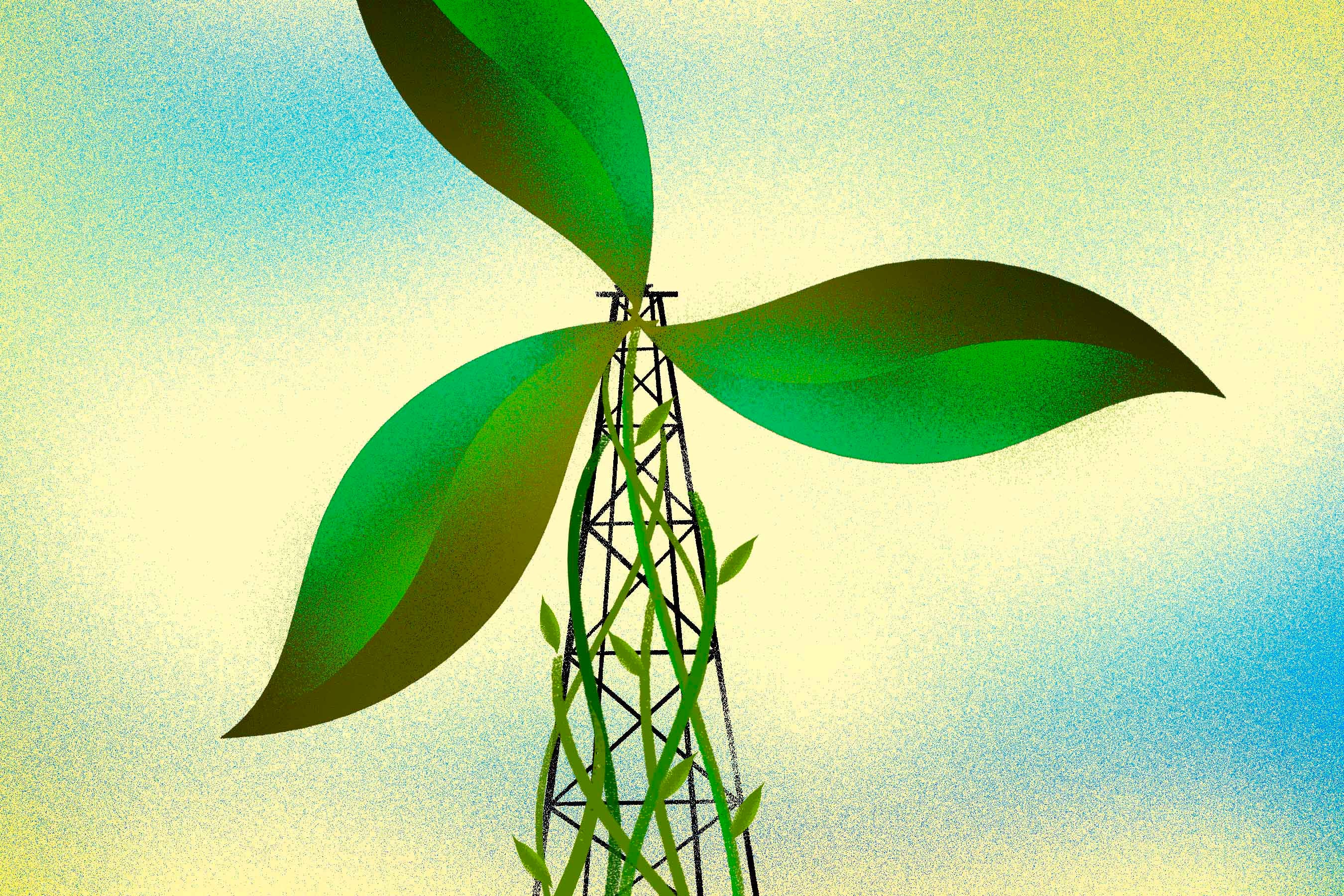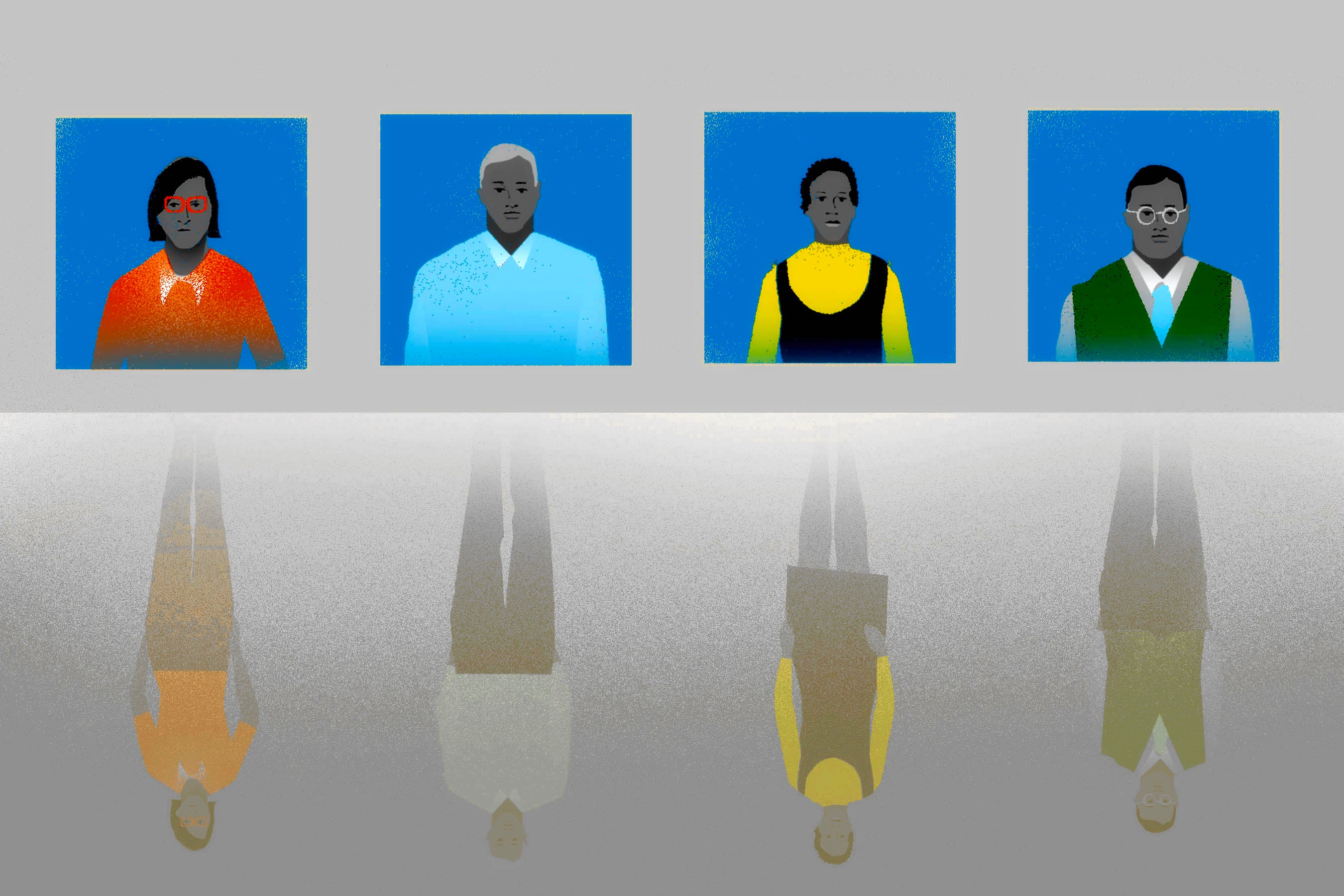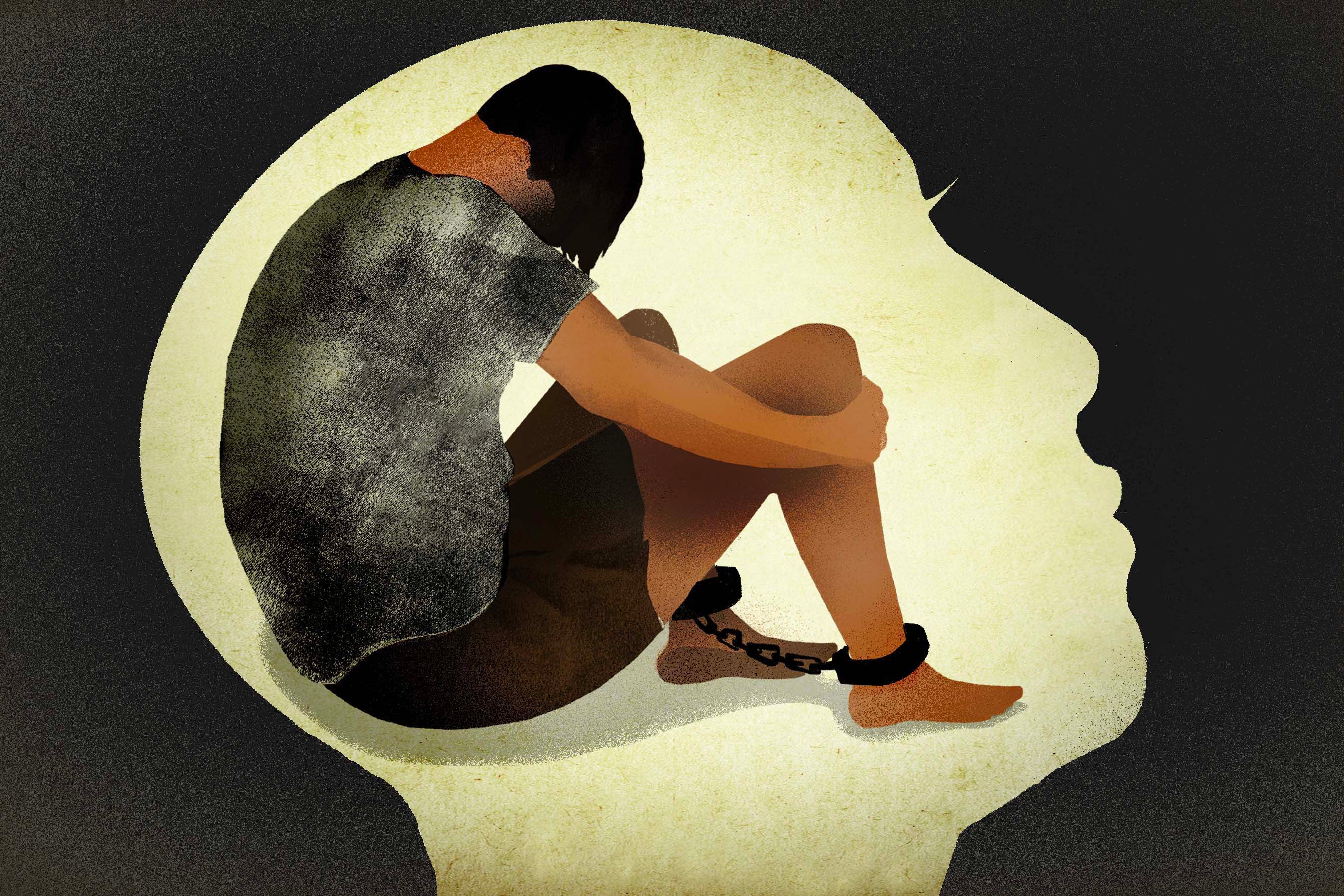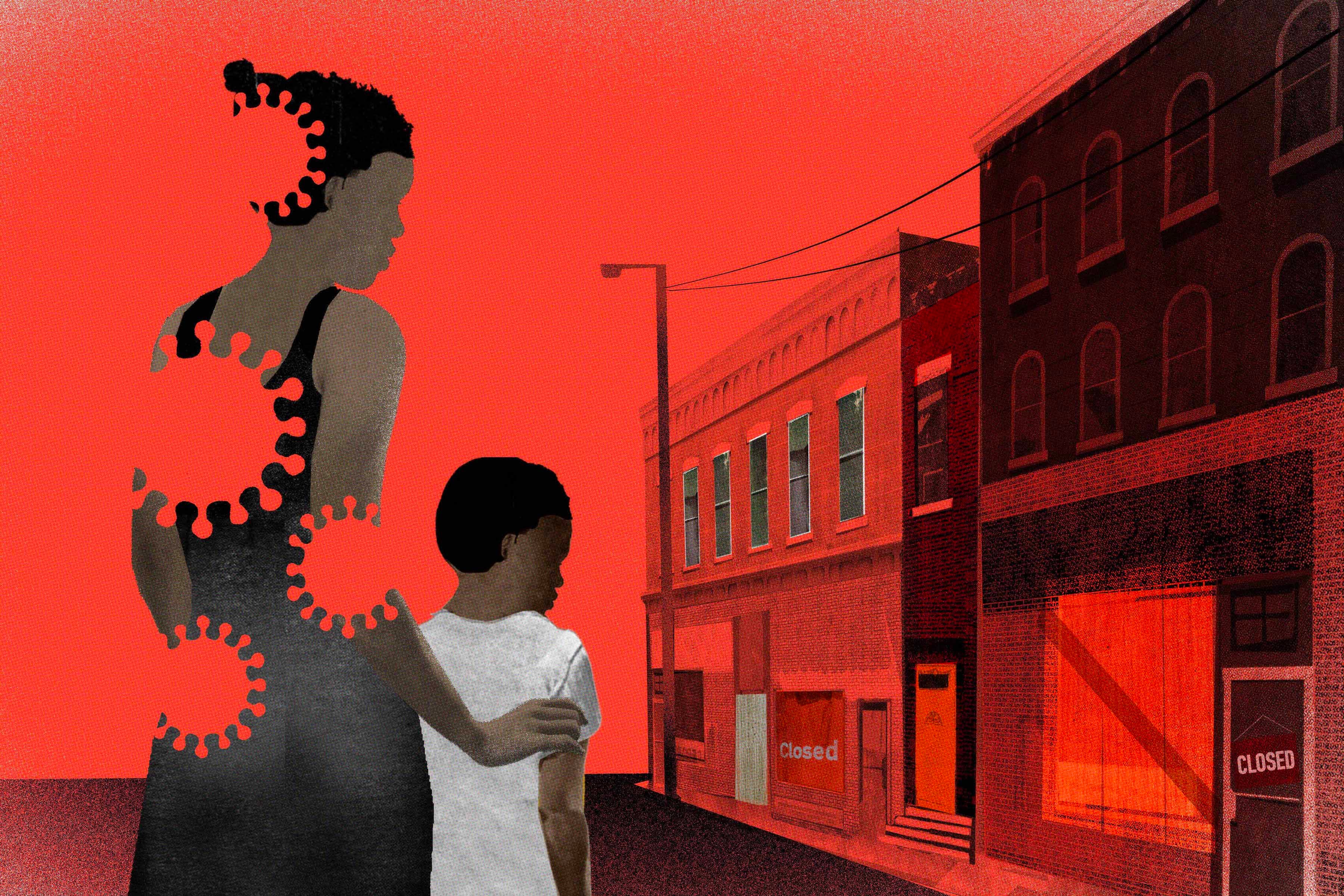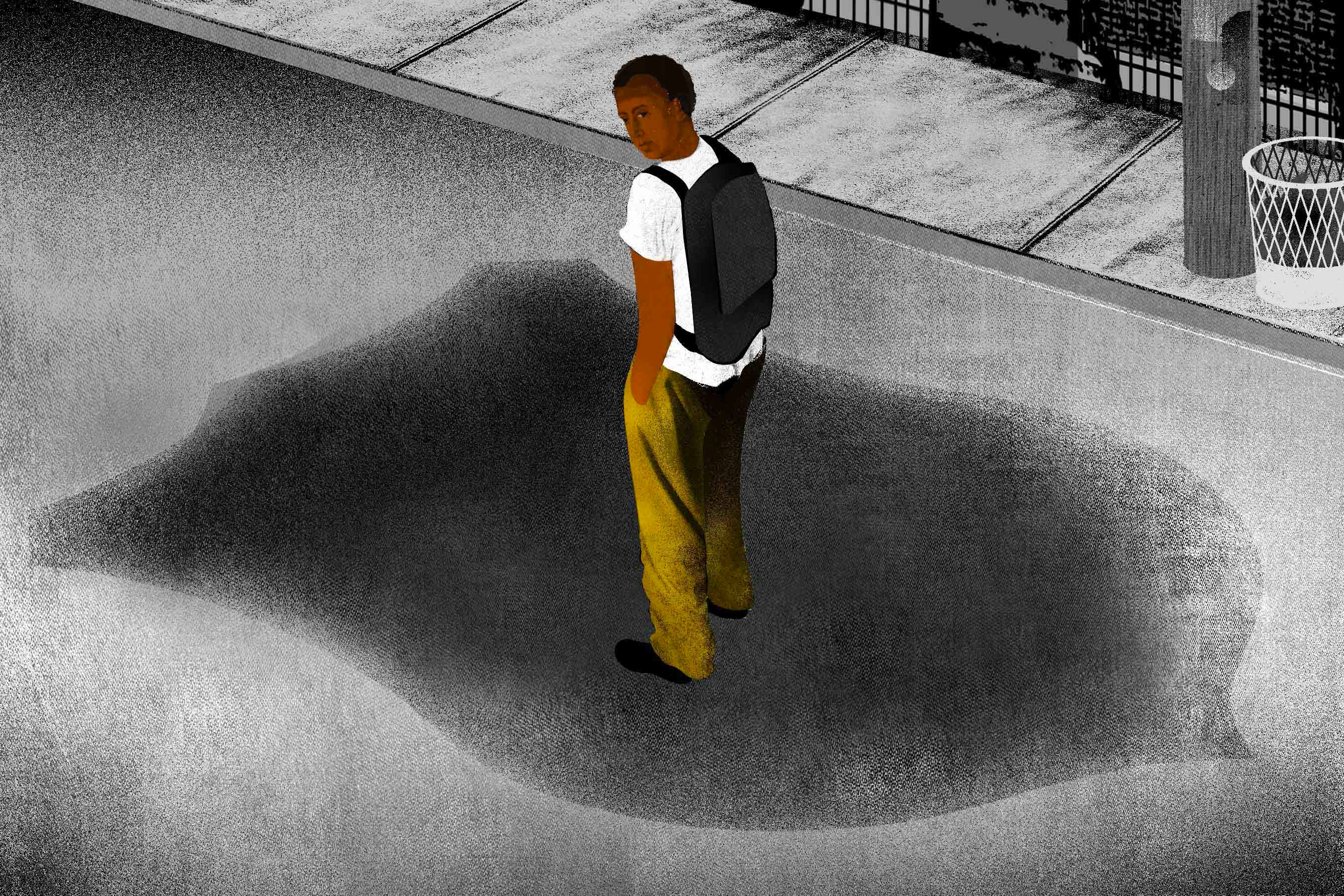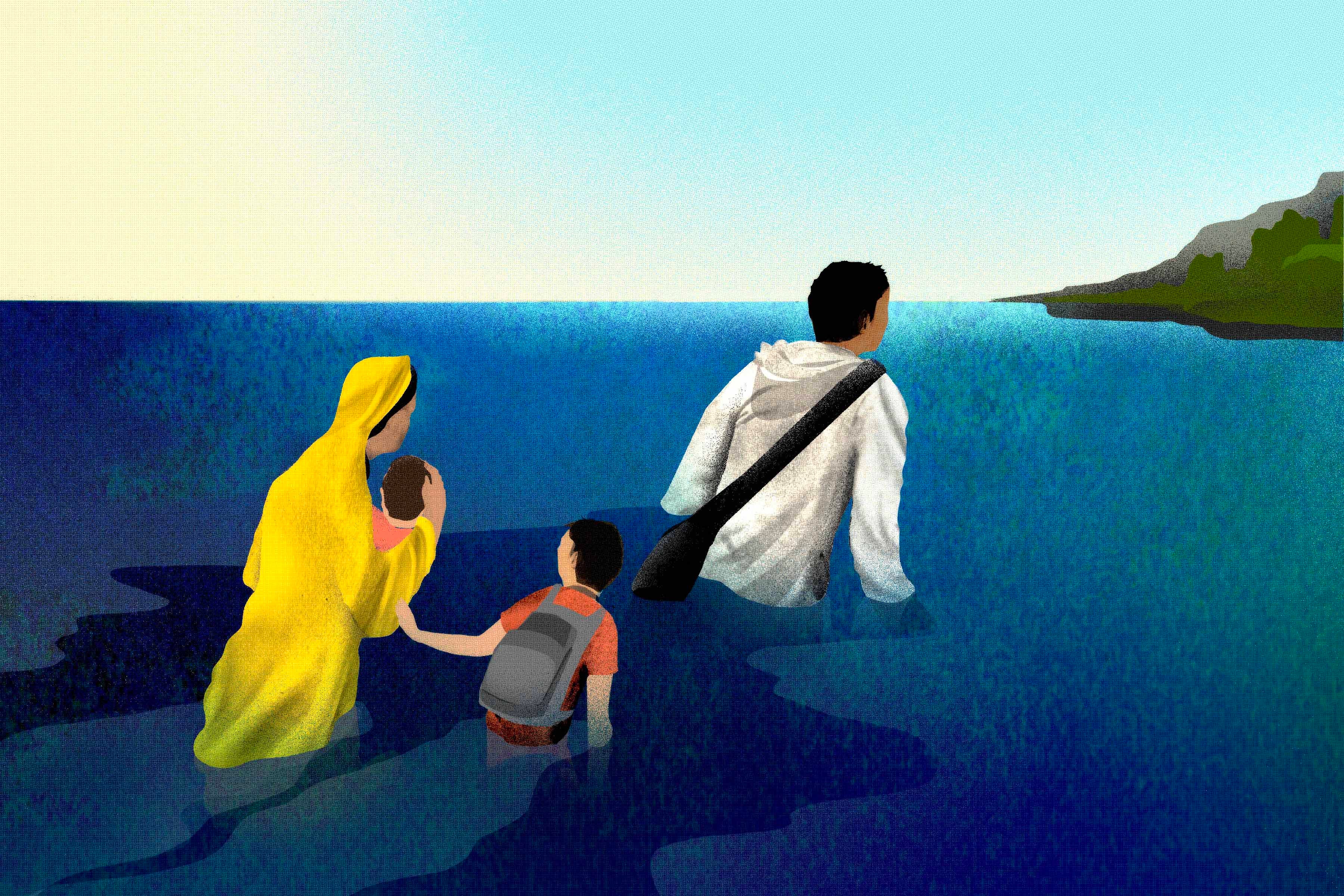Ahead of elections in October, the Tanzanian government stepped up restrictions on the media, political opposition and nongovernmental organizations (NGOs). The government passed legislation that restricts the media, online communication and public interest litigation, arrested government critics, and suspended and fined newspapers and media houses for work critical of the government and for coverage of the Covid-19 pandemic. The National Electoral Commission blocked critical NGOs from observing the elections and conducting voter education. Authorities also increased restrictions on organizations working to promote the rights and health of lesbian, gay, bisexual, and transgender (LGBT) people ahead of the elections.
Freedom of Expression and Media Freedoms
Authorities fined or suspended media outlets for covering topics considered politically sensitive, including Covid-19.
On April 2, the broadcast regulator, Tanzania Communications Regulatory Authority (TCRA), fined broadcasters Star Media Tanzania Limited, Multichoice Tanzania Limited, and Azam Digital Broadcast Limited 5 million Tanzania shillings (US$2,155) each for disseminating “false and misleading information about Tanzania’s stance on Covid-19” after a television station broadcast by them aired a story on Covid-19.
On April 16, TCRA suspended the license of the online version of the Kiswahili-language newspaper Mwananchi for six months after it posted a video of President John Magufuli buying fish at a market, apparently not complying with Covid-19 restrictions. The agency accused Mwananchi of publishing “false information.”. Mwananchi later apologized for posting the video.
On July 6, TCRA banned Kwanza TV, an online television station, for 11 months because of its Instagram post reporting on a Covid-19 health alert by the United States Embassy about Tanzania, accusing the station of being “unpatriotic.”
On April 20, Zanzibar authorities suspended the license of Talib Ussi Hamad, a journalist with Tanzania Daima, because of a Facebook post in which he said that another journalist had the coronavirus.
On July 23, the director of the Information Department in the Ministry of Information, Culture, Arts and Sports, Patrick Kipangula, revoked the newspaper license of Tanzania Daima over “excessive and repetitive nature of violations of the laws and the ethics of journalism.” The family of opposition member Freeman Mbowe owns the newspaper.
In June, the government amended the Electronic and Postal Communications (Radio and Television) regulations, banning Tanzanian radio and television broadcasters from working with foreign broadcasters without government staff present. The following month, the government passed amendments to the Electronic and Postal Communications (Online Content) Regulations, providing criminal penalties for publishing online content “against the State and public order,” or calling for demonstrations, or that “promotes or favors what would raise sedition, hatred or racism.”
Legislative Reform
On June 10, Parliament amended the Basic Rights and Duties Enforcement Act to narrow the criteria for legal standing to challenge a law or policy that allegedly violates the constitution’s bill of rights. Going forward, anyone bringing a legal case has to establish that a violation has “affected them personally,” which may preclude groups from filing cases on behalf of victims in important public interest suits .
On July 15, the African Court on Human and Peoples’ Rights ordered Tanzania to amend its constitution, which bars any court from probing the election of a president after the electoral commission has declared a winner. The court also ordered Tanzania to provide a report on its implementation of this decision within a year.
Government Opponents and Other Critics
On March 10, a court convicted Freeman Mbowe, the chairman of the main opposition party, Chadema, and nine other party members for making allegedly seditious statements in a speech at at a 2018 demonstration when he said President Magufuli would not last long in his job. The court imposed five-month jail terms or fines of up to 350 million Tanzanian shillings ($151,000). On June 8, unidentified assailants attacked Mbowe as he returned to the national capital, Dodoma, breaking his leg.
On June 23, police arrested and briefly detained opposition parliamentarian Zitto Kabwe and seven other opposition members during an internal meeting of their party, ACT Wazalendo, in Kilwa, in the southern region of Lindi. The party said that Kabwe and the others were charged with “endangering the peace,” without providing any details. At the time of writing, Kabwe and the others were required to report to the police every three weeks.
On July 11, the police arrested Sheikh Issa Ponda, secretary of the Tanzania Council of Imams, at his office in Bungoni, Dar es Salaam for “allegedly circulating a document containing elements of incitement and breach of peace towards the 2020 general election” according to media reports. Two days earlier the council had called on government to ensure independent and fair elections, legislative reform, and equality for Muslims.Police detained Ponda for nine days then released him on bail.
On July 6, the police arrested eight Chadema party members, including its youth wing chairperson, Nusrat Hanje, in the Singida region, west of Dodoma, accusing them of insulting the national flag by singing the Tanzanian national anthem while raising a Chadema flag during a party meeting.
Sexual Orientation and Gender Identity
On August 10, the minister for regional administration, local government, and special departments cancelled the NGO license of AIDS Initiative Youth Empowerment and Development, an LGBT rights group, for going against the “religious and social values” of Zanzibar.
The Electronic and Postal Communications (Online Content) Regulations ), passed in July, prohibit “promoting homosexuality” and could be used to prosecute people for conducting LGBT rights advocacy. Violators may be fined or sentenced to a minimum of one year in prison.
Tanzania’s Sexual Offenses Special Provisions Act of 1998 punishes consensual adult same-sex conduct by up to life imprisonment.
Children’s Rights
On March 31, the World Bank Board of Executive Directors voted to provide a loan to fund Tanzania’s secondary education program, without requiring the government to end its policy of expelling pregnant schoolgirls, amid concerns by Tanzanian organizations, politicians and international NGOs. The World Bank funded program was developed as a response to the Bank’s previous decision to withhold an earlier $300 million education loan, in part because of the government’s discrimination against pregnant girls and adolescent mothers.
The Ministry of Education Science and Technology’s closure of schools in March because of Covid-19, affected 14.4 million children. Prior to Covid-19, at least 3.5 million children ages 7 to 17 were out of school. The government launched radio and television learning programs, and online learning in some areas. TCRA estimates that 46 percent of Tanzania’s population uses the internet. On July 1, the government reopened all schools.
Key international actors
Tanzania hosts the East African Court of Justice, an instrumental institution on human rights.
In November 2019, Tanzania informed the African Court on Human and Peoples’ Rights that it intended to withdraw the right of individuals and NGOs to file cases directly against Tanzania.
On May 26, the Ministry of Foreign Affairs and East African Cooperation summoned the acting US Ambassador Dr. Inmi Patterson, objecting to the warning issued by the US embassy of the “elevated” risk of the Covid-19 pandemic in the country, noting that the government had not released aggregate statistics on infections and deaths in the country since April 29.
In May, the United States announced that it would provide up to $5.3 million (12.2 billion Tanzania shillings) in aid, to support Tanzania’s response to Covid-19.
On September 2, missions representing Canada, Belgium, Denmark, Finland, Germany, Ireland, the Netherlands, Norway, Sweden and Switzerland called on Tanzania to conduct free and fair elections.
The EU expressed concern over the human rights situation and the shrinking of civic space ahead of the elections, and called on the authorities to ensure all conditions to full participation in credible and transparent elections.
